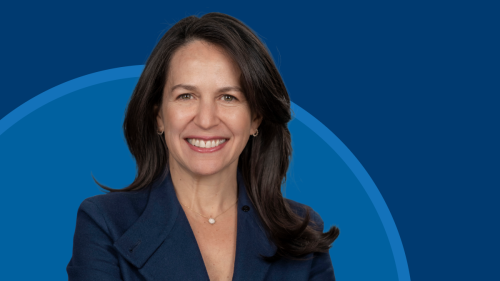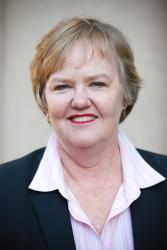

12:00 pm EST - 2:30 pm EST
Past Event
12:00 pm - 2:30 pm EST
1775 Massachusetts Avenue, N.W.
Washington, DC
20036
The basic principles of humanitarian action are being challenged from all sides. Governments and the United Nations often seek to use humanitarian assistance in support of political and economic objectives. New actors are arriving on the scene, including military forces, for-profit contractors, and private philanthropists, each with their own interests and with understands of humanitarian principles that are quite different than those of UN agencies, the ICRC, and established non-governmental organizations. Upholding neutrality of humanitarian action and protecting humanitarian space is increasingly difficult – and perhaps nowhere as much as in Afghanistan and Iraq.
On Friday, February 20, from 12:00-2:30pm, as part of an ongoing series on humanitarian issues, the Brookings-Bern Project on Internal Displacement hosted a roundtable on the challenges of maintaining humanitarian space in Afghanistan and Iraq. Following an overview of the issues by Brookings Senior Fellow Elizabeth Ferris, two researchers from the Feinstein International Center at Tufts University will present the results of their research on the state of the humanitarian enterprise in these two countries. Other panelists will provide comments.


Marcela Escobari, Esther Lee Rosen
March 18, 2025

Elaine Kamarck
March 13, 2025

Elaine Kamarck, William A. Galston
March 5, 2025